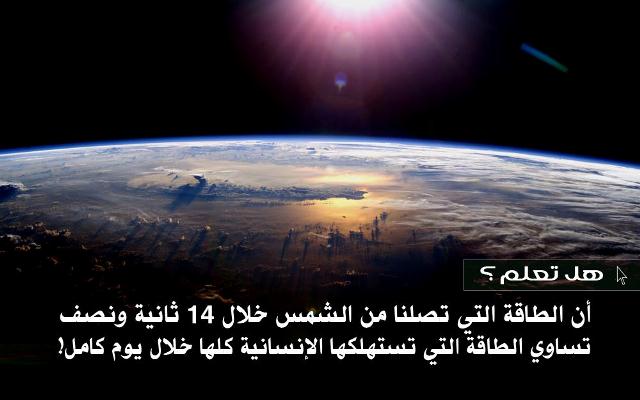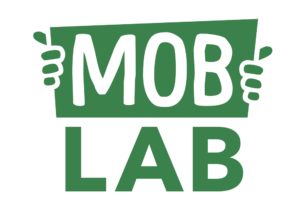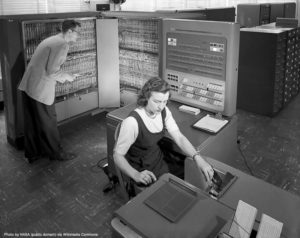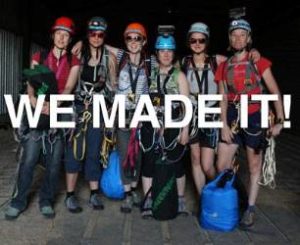It’s been less than two months since Greenpeace Mediterranean (covering Israel, Jordan, Lebanon and Turkey), started a targeted approach to increase its Facebook fans across the Middle East, and the strategy is already a major success, boosting its Facebook page fans from 9,000 to 195,000.
Ibraheem Mohammed, new media co-ordinator for Greenpeace Arab World, says the engagement is the first step in a larger strategy to raise awareness of Greenpeace in the Middle East. The page aims to have 400,000 fans by the end of the year, and one million by mid 2013.
To gain new Facebook fans, Ibraheem, whose own blog is one of the biggest in the Arab world and corresponding Facebook fan page has 446,000 likes, shares three winning strategies:
Visuals and Personal Voice
Ibraheem posts two new visuals each day, one in the morning and one at night. After experimenting with different types of text, Ibraheem found engaging and relaying information in a personal manner as opposed to an organizational voice results in more likes and shares.
“They are not talking to an organization, they are talking to people who care about the planet,” explains Ibraheem.
Paid Advertising
Greenpeace Middle East proactively advertises its Facebook Arabic page using paid advertising, which is affordable in the region. Ibraheem says he tests about five different ads at once, and then runs the top three ads.
He recommends having a human touch in the ads and a call to action. For example, calls to action often say “Like if you care,” “Like if you want to participate,” or “If you want help protecting the planet, join us!”
In September, Greenpeace saw 60 per cent of its growth from paid advertisements. The cost for each Facebook like amounts to about 0.04 USD, and at its peak raises to 0.06 USD.
Promoted Posts
Strong visual posts that create a story are often promoted. Ibraheem says the visuals also include a call to action, including to like and share the post.
“The graphics and text are asking people to like and share but not in commercial way, it’s more if you really believe this is our responsibility then share this with your network,” he says.
While a typical post would net 100 likes, promoted posts are likely to attract closer to a 1,000. Ibraheem says this is as a result of page ranks, with only 10 per cent of your fan base seeing a typical post.
“If you want more people to see your posts, you have to pay,” he says.
Long-Term Strategy
Ibraheem acknowledges paid advertising is not a sustainable engagement model and says his office has a long-term strategy to grow fans organically through direct engagement. Part of the engagement strategy will be creating Facebook contests giving away prizes, like a solar backpack that charges your mobile devices, which he says is an effective way to engage people.
With a strong base of supporters, the main goal for the Greenpeace Arab World fan page is to build trust among its network. Ibraheem says people are wary of international organizations and Greenpeace will need to gain credit by providing reliable information and relating in a personal manner.
Once Greenpeace Arab World has established itself as a trusted source, it can move into online actions like asking its fans to sign petitions. Eventually, Ibraheem says the goal is to be able to mobilize the network for offline and online actions.
While Facebook is an important place to engage people, Ibraheem recommends being active on other sites like Twitter and Pinterest, as Facebook changes its page ranks every six months and isn’t a reliable sole engagement strategy.
For other good examples of Facebook engagement, Ibraheem recommends the Occupy Wall St. page, which has 407,000 fans. He says the page is interesting as it posts frequently, resulting in less likes and shares, yet gains 5,000 to 7,000 new fans each day without paid advertisement.
Anyone interested in learning more about the Greenpeace Arabic Facebook strategy are encouraged to contact Ibraheem directly.
Stay connected: @himtox facebook.com/gparabic
Related posts:
Social Media Engagement FTW: Lessons from Greenpeace Brasil’s growth
How NGOs Win with Facebook: Better Engagement in Five Easy Lessons
Do you have an innovation in mobilisation and people-powered campaigns? Share it with Mob Lab by contacting moblab@greenpeace.org.
Categories:
strategy


